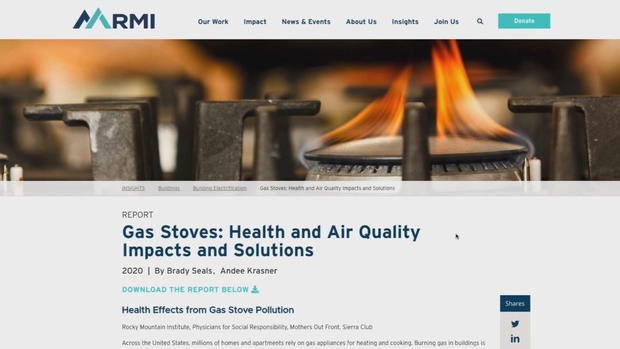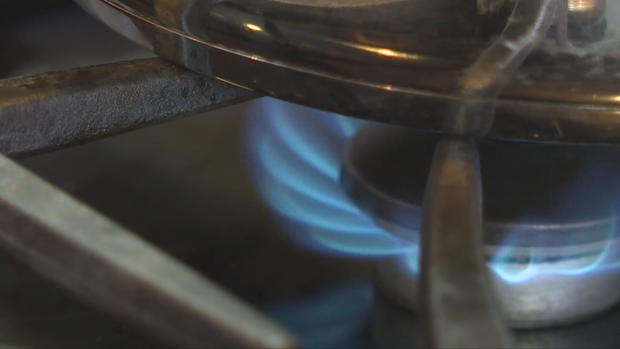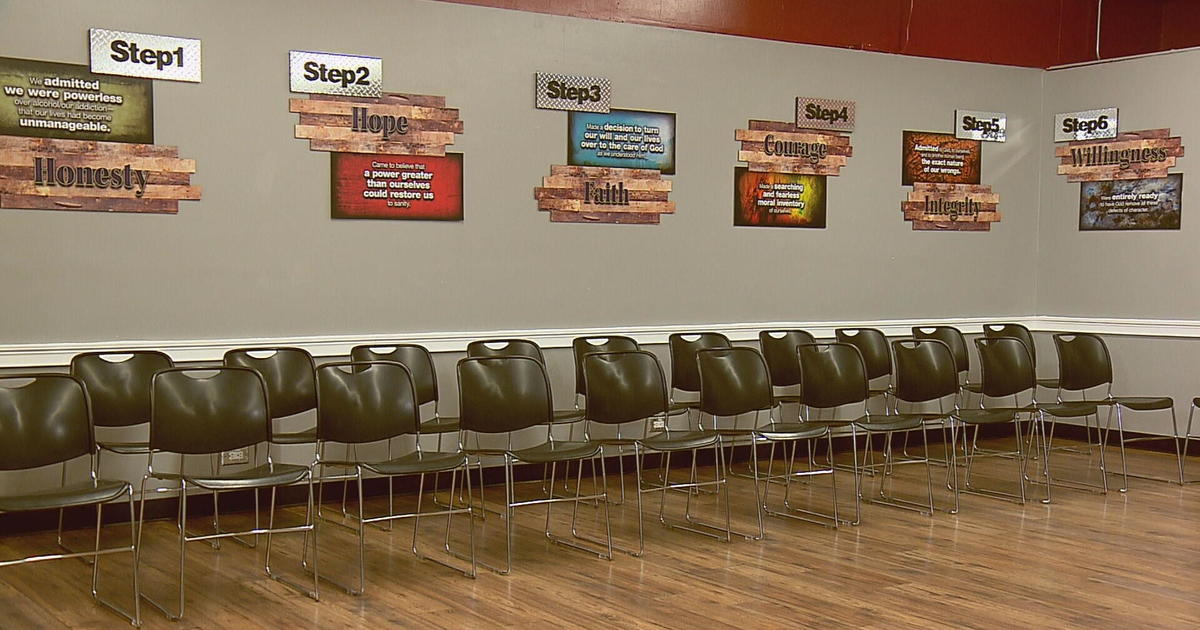Unsafe In Your Own Home? Gas Stoves Harmful To Health And Environment, Studies Find
(CBS4)- Researchers in Boulder and beyond are finding gas stoves can cause a host of health problems, particularly for kids, and are emitting harmful greenhouse gases, even when they're turned off. One expert tells CBS4 the risk for children living at home with a gas stove is akin to living with a smoker.
"A gas stove in home releases a lot of the same pollution and pollutants that come from our car exhaust," says Brady Seals, who has studied gas stove impacts extensively. "So these are things like carbon monoxide, nitrogen dioxide, formaldehyde, and nitrogen dioxide is a particularly worrisome pollutant."
Seals is a manager in the carbon-free buildings program with RMI, a Boulder-based nonprofit committed to clean energy. Her organization released this study on gas stove effects last year.
Seals says children are most susceptible to the toxic gases gas stoves emit, explaining the gases can cause learning deficits, cardiovascular problems, and respiratory issues. Children living in a home with a gas stove, she says, have a 42% increased risk of having asthma.
"Exactly over a third of us cook with gas, it's common, and I think gas stoves should probably come with warning labels," Seals said. "We should require ventilation everywhere where gas stoves are installed."
New parents Daniel and Katy Jones, of Englewood, saw the risk of gas stoves up close.
When their son, Cooper Jones, was born with lung problems, they used an indoor air quality monitor to make sure their home was safe.
"After the wildfires in 2020, we were really concerned about our swamp cooler pulling in wildfire smoke," Katy Jones said. "So we started to monitor it in the kitchen and then found out that actually the spikes were coming every time we ran our gas stove... while our infant son you know was in the kitchen, and we were really concerned."
But gas stoves aren't only harmful for human health. Researchers at Stanford University recently published a study in Environmental Science and Technology showing gas stoves emit concerning amounts of methane, a greenhouse gas, even when they are shut off. Read the full study here.
"Using a 20-year timeframe for methane, annual methane emissions from all gas stoves in U.S. homes have a climate impact comparable to the annual carbon dioxide emissions of 500 000 cars," Stanford researchers wrote.
Seals says legislators shouldn't ignore the growing body of research regarding gas stoves, and should make critical policy changes to benefit residents and the climate.
"So for policymakers, by helping to switch out gas appliances, you're having really a triple win. It's a climate win. It's a health win. And then finally, there are some real equity considerations here. We know that we don't all breathe the same air indoors or outdoors, and so I think for policymakers, there's a great opportunity in making sure that overburdened communities overburdened by air pollution and other climate justice issues can receive these benefits first," Seals said. "In California, some utilities, you can find $100, $500, up to $700 to replace your gas stove with an induction stove. So I would love to see the same incentives being offered by Colorado policymakers."
The Jones family monitored their indoor air quality for six months, and as the spikes continued during cooking, they decided to replace their gas stove with an induction stove, which cooks food faster and is more energy efficient.
"Just made us think, what is the safe place in your own home," Katy Jones said. "It was just eye-opening for us as young parents, trying to get it right."
If you have a gas stove, but it's not feasible to replace it with a new one, there are some free options Seals recommends to protect yourself:
- Use your range hood
- Cook on the back burners where the range is more effective
- Open a window while cooking
- Shift some of your cooking to smaller electric appliances, like a portable electric one-burner stove, a rice cooker, or an electric tea kettle
Seals encourages folks to replace their gas stoves with electric or induction stoves once they become inoperable.
"If you have one, it's about learning about some of these evidence based health and climate risks, and then when your gas stove dies or when it's time to replace it, is to consider electric and specifically induction models," Seals said. "By replacing gas appliances with electric appliances, we can really cut down on our carbon impact and also the air pollution like ozone smog that in Denver, and other parts of Colorado, we suffer."






